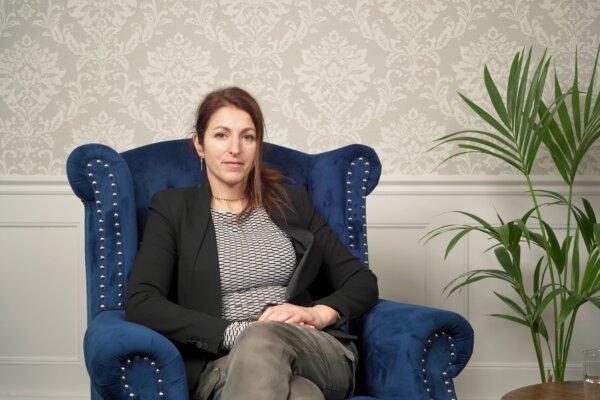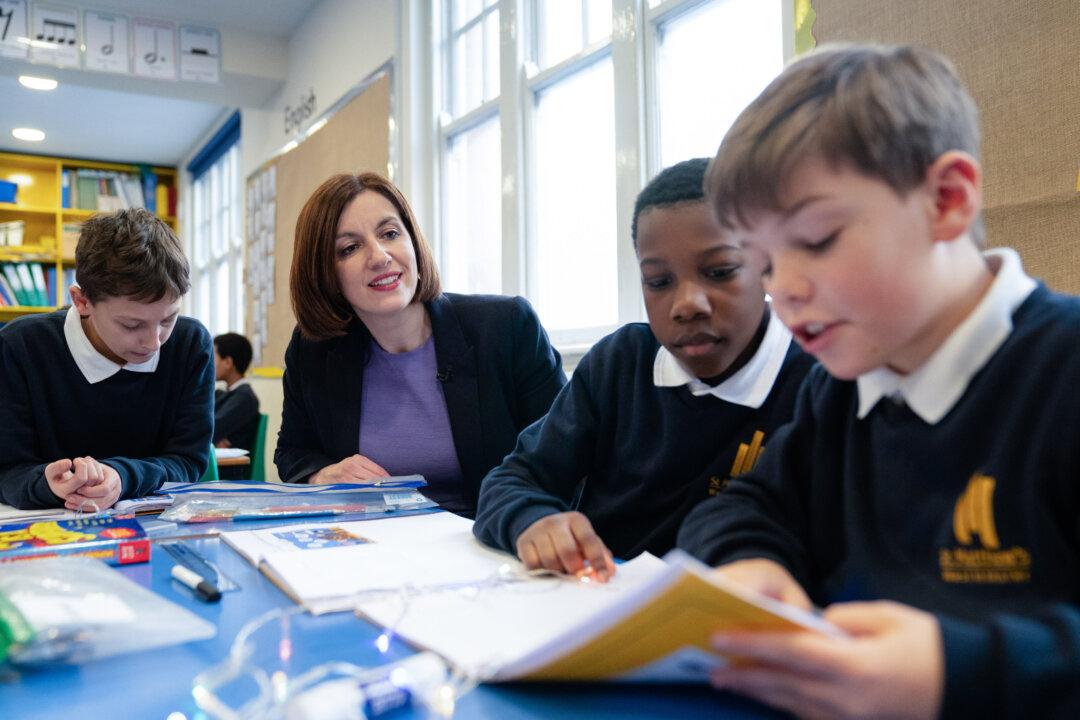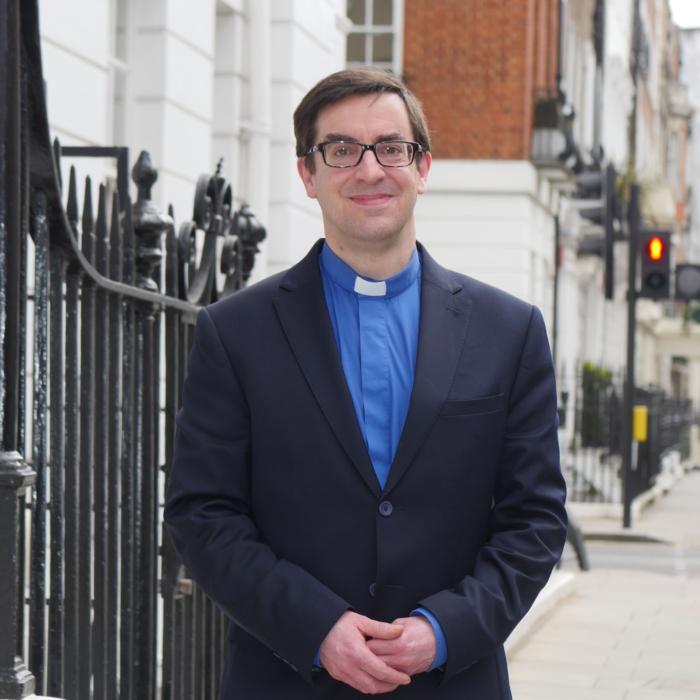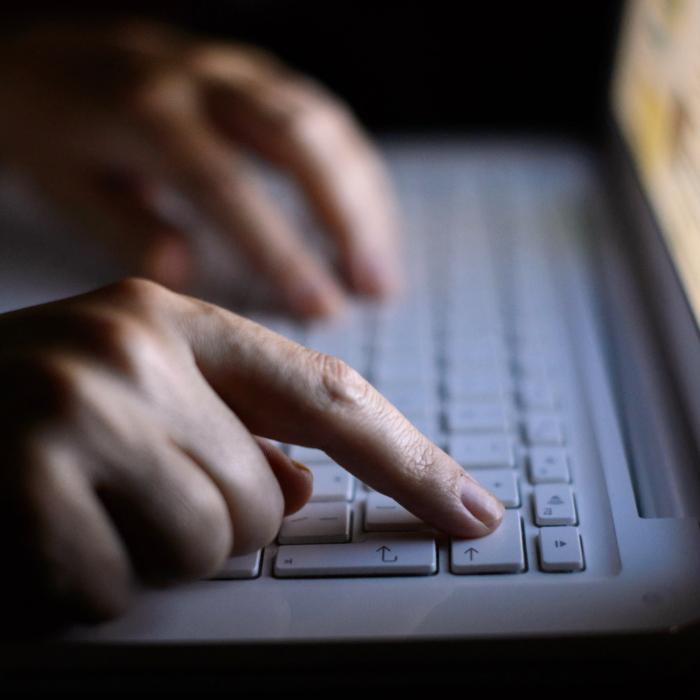A campaigner has raised concerns over plans to teach children how to spot so-called “fake news” and “extremist” content online, saying this could make the government the “arbiter of truth” and deter the brightest young minds from questioning official narratives.
Education Secretary Bridget Phillipson announced plans to review the curriculum in primary and secondary schools to embed “critical thinking” across multiple subjects and arm children against what she labelled as “putrid conspiracy theories.”
‘Curriculum Review’
“That’s why our curriculum review will develop plans to embed critical skills in lessons to arm our children against the disinformation, fake news and putrid conspiracy theories awash on social media. Our renewed curriculum will always put high and rising standards in core subjects—that’s non-negotiable.“But alongside this, we will create a broad, knowledge-rich curriculum that widens access to cultural subjects and gives pupils the knowledge and skills they need to thrive at work and throughout life.”
The announcement caused concern for free speech campaigners, including Molly Kingsley of the children’s rights campaign group, Us For Them, who told The Epoch Times that she would like to know more detail that Phillipson had provided.
‘Open to Interpretation’
“There are some obviously unambiguous cases (of fake news), but there are many cases where the truth is open to interpretation, where most non-experts, and indeed many experts, can’t tell the difference.”She said there was a danger that teachers would be asked to adjudicate what is and what isn’t a conspiracy theory—when educators have their own opinion—and that there was an obvious danger of “indoctrination.”
As examples of how such skills might be taught, Phillipson said pupils might analyse newspaper articles in English lessons that would help distinguish fabricated clickbait from true reporting. Maths lessons could include analysing statistics in context, while computer classes could teach how to spot “fake news” websites.

“Would it have been a conspiracy theory to suggest that the COVID vaccines were less than fully safe and that there were harms attached?” Kingsley said, adding that this belief might well have been judged as “extremist” in 2021 even though it is now known to be true.
“I think discussions about how to spot fake news are legitimate, and by all means, let’s discuss, but if it’s about the state teaching what is and isn’t a conspiracy, then that is troubling.”
Kingsley recalled that during the COVID-19 era, there were reports of children being told to stand up in class and report whether or not their parents had taken the vaccines, in scenes reminiscent of the communist era when children in eastern block countries were sometimes used to spy on their parents.
“You have to think of this from a child’s point of view. What if you have a child that is a dissident, unorthodox, a free thinker, and they like to question things?” she said, adding that it was often the brightest minds that question the consensus.
“That child might well want to take a contrary position and to argue. Will that be tolerated? If a child says they don’t believe in (man-made) climate change, or they don’t believe in net zero, how will that go?”
Arrests Following Social Media Posts
The announcement from the education secretary came after businesswoman Bernadette Spofforth was arrested and detained for two nights for sharing a “fake news” post which gave an Arabic name of the suspect in the stabbing attack in Southport on July 29 in which three little girls were killed.Axel Rudakubana, an 18-year-old born in Cardiff to Rwandan parents, has been charged with three counts of murder.
Spofforth, from Cheshire, has been released on bail pending further investigation but has not been charged with any offence.
Specialist officers are pursuing suspected online offenders and influencers responsible for “spreading hate and inciting violence on a large scale” after anti-immigration protests broke out and turned violent in the wake of the attack.
The moderation and regulation of social media has come under scrutiny after the disorder, which has seen more than 700 people arrested and more than 300 charged so far, according to the National Police Chiefs’ Council.
Prime Minister Sir Keir Starmer suggested on Friday he would tighten social media regulations further after London Mayor Sadiq Khan claimed the Online Safety Act, passed last year but not yet fully implemented, was “not fit for purpose.”







